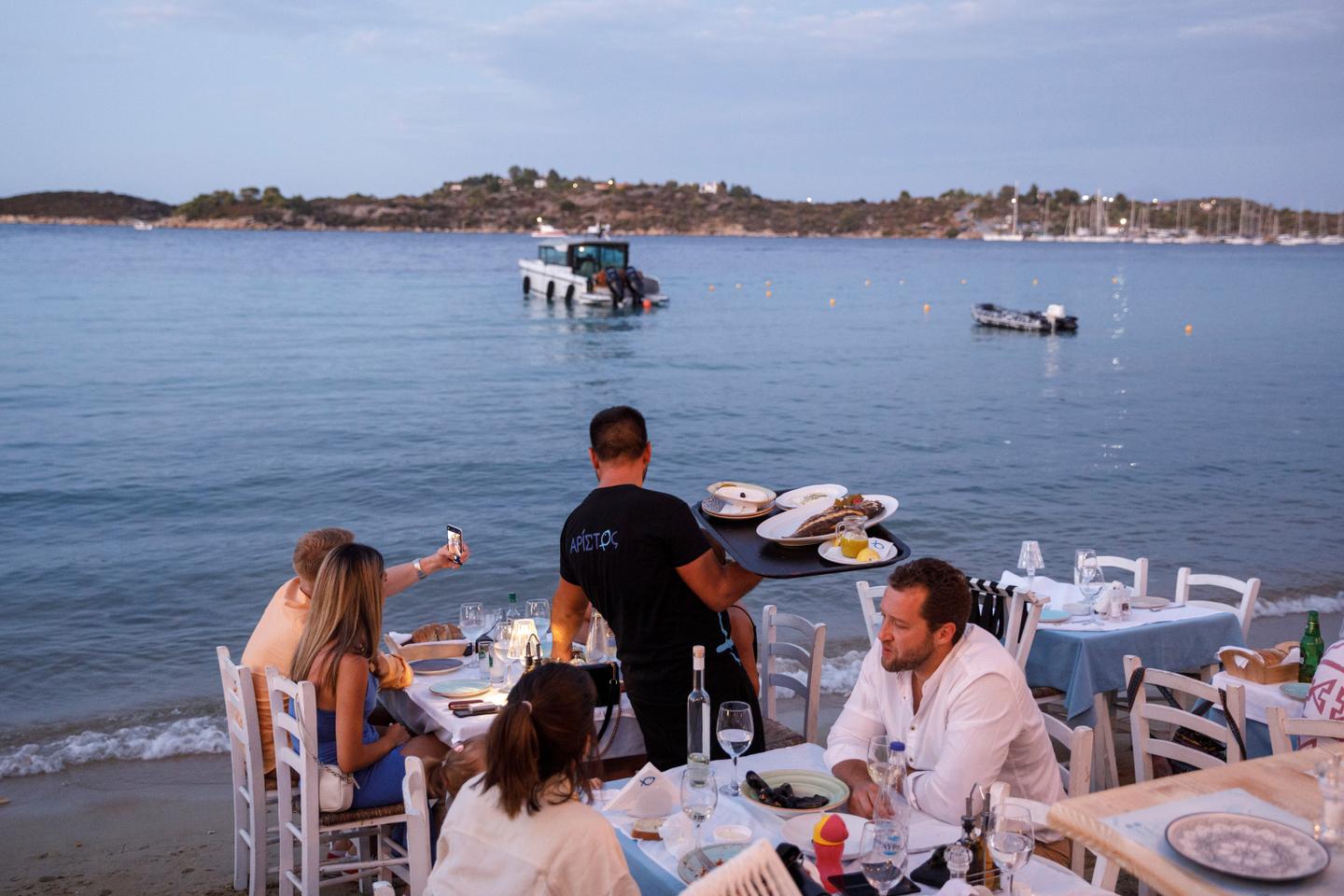Orban’s shadow looms over Euronews takeover – Technologist
On Tuesday, March 19, Euronews pulled out all the stops to celebrate the launch of its new programs and newsroom at the Albert Hall, a 2,500-square-meter Art Deco complex in the heart of Brussels. CEO Guillaume Dubois wanted to make people forget the long months of social unrest that had rocked the pan-European channel since it was bought out in 2022 by Alpac Capital, a mysterious Portuguese investment fund, as well as the change in the group’s headquarters from the French city of Lyon to the Belgian capital. The move was coupled with the departure of 175 employees out of a total of 370.
“On April 3, there will be a symbolic switch in the newsroom’s management. It’s Brussels that will decide, and no longer Lyon,” explained the Frenchman at a cocktail party to mark the transition to a new model, located as close as possible to the European institutions. “We’re going to be offering extensive, original and impartial coverage of the upcoming European elections [in June],” he said to the officials present; including Charles Michel, the President of the European Council, and Margaritis Schinas, a Vice-President of the European Commission.
Did they know who was really footing the bill for the evening’s festivities? Ever since Euronews was bought out, its employees’ unions have been asking who financed the acquisition of a news channel that was in chronic deficit. Until then, it was owned by Egyptian tycoon Naguib Sawiris. Bénédicte Bachs-Scherrer, the deputy CEO, had once again told them at a work council meeting in 2023 that, “in accordance with regulations,” Alpac “did not [have to] mention the list” of those who participated in a fundraiser for the European Future Media Investment (EFMI) – a venture capital fund that the Portuguese company had specifically set up in Lisbon to finance the takeover.
However, Le Monde and its partners at the Hungarian investigative website Direkt36 and the Portuguese weekly magazine Expresso can now reveal that entities close to the Hungarian Prime Minister, Viktor Orban, were heavily involved in this operation, in the utmost secrecy. Internal documents from the Hungarian sovereign wealth fund Széchenyi Funds, obtained by Direkt36, show that this public body invested €45 million in the EFMI. In addition, at least €12.5 million was contributed by a communications company belonging to a close associate of Orban.
This represents at least a third of the funds used to finance an operation that was valued at a total of €170 million. According to the documents, Alpac was to supplement this capital injection from Hungary by issuing €85 million in convertible bonds. This involvement of the Hungarian government, which has been completely concealed until now, raises questions about the real reasons behind the takeover of a channel that was initially created in 1993 to compete with CNN. A PowerPoint presentation from the Széchenyi Funds, marked “strictly confidential,” explicitly mentions that one of the aims of the takeover of Euronews, described as “the seventh most influential brand on EU politics,” was “to mitigate left-wing bias in journalism.”
You have 68.2% of this article left to read. The rest is for subscribers only.



